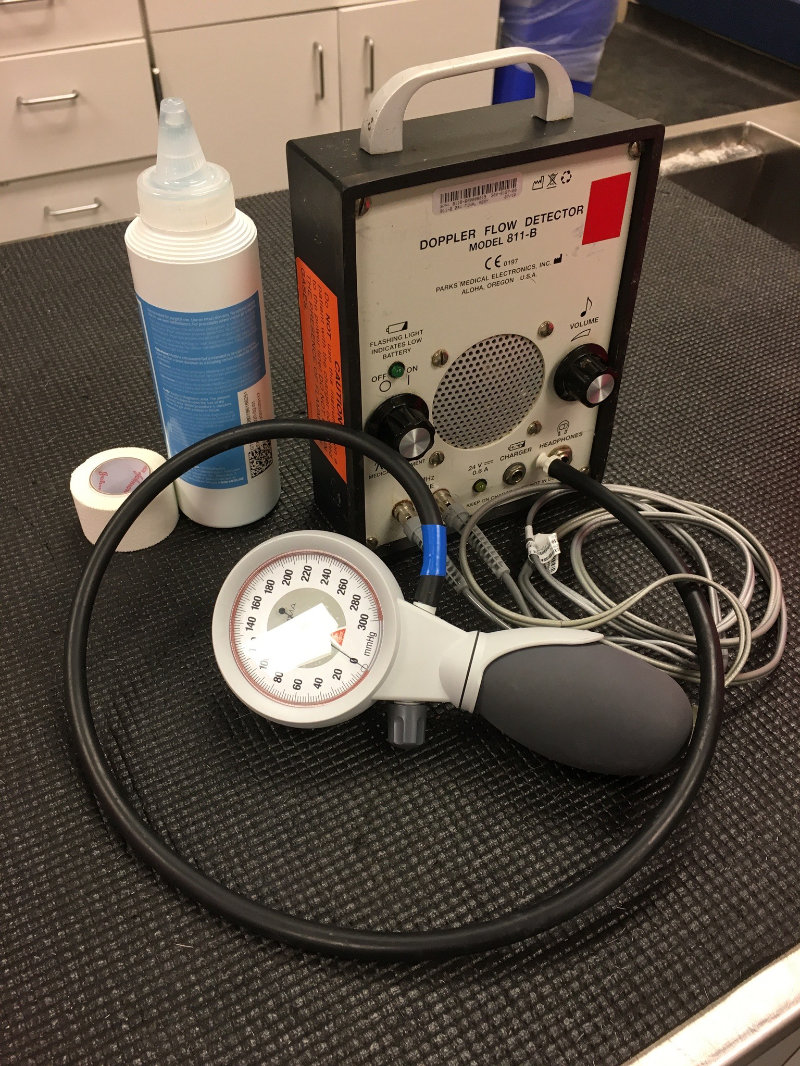It’s natural to feel anxious about your pet undergoing any anesthetic procedure. However, anesthesia for animals has significantly improved and is now safer than ever before. A competent veterinary team also helps reduce potential risks for your pet. Our top priority is to provide a safe and stress-free anesthesia experience for both you and your pet. We customize our approach to anesthesia and pain management to ensure a smooth anesthetic experience and prompt recovery. We develop a personalized anesthetic plan for each patient based on factors such as age, breed, and medical history. Additionally, we assign a dedicated licensed veterinary technician to monitor your pet during the entire anesthetic period. To ensure an extra layer of safety, our team can collaborate with a board-certifiedTM veterinary anesthesiologist, Dr. Martin Kennedy.
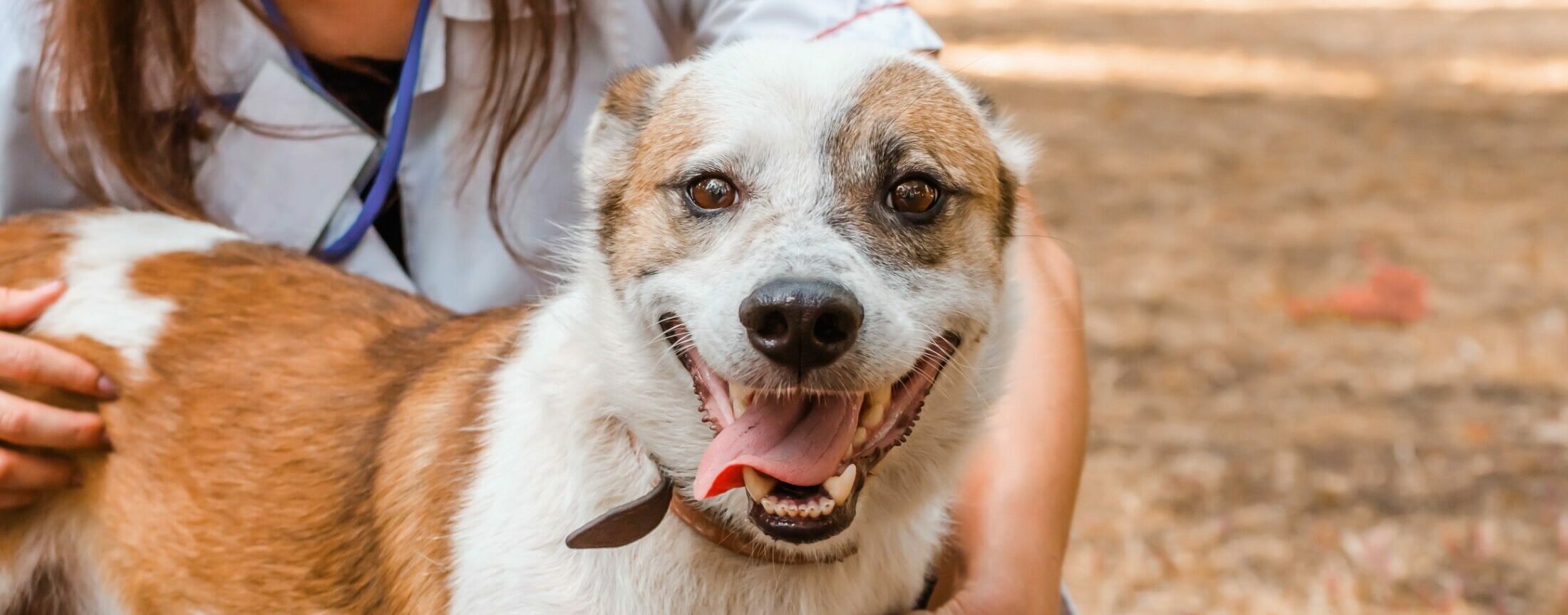
Specialty Anesthesia
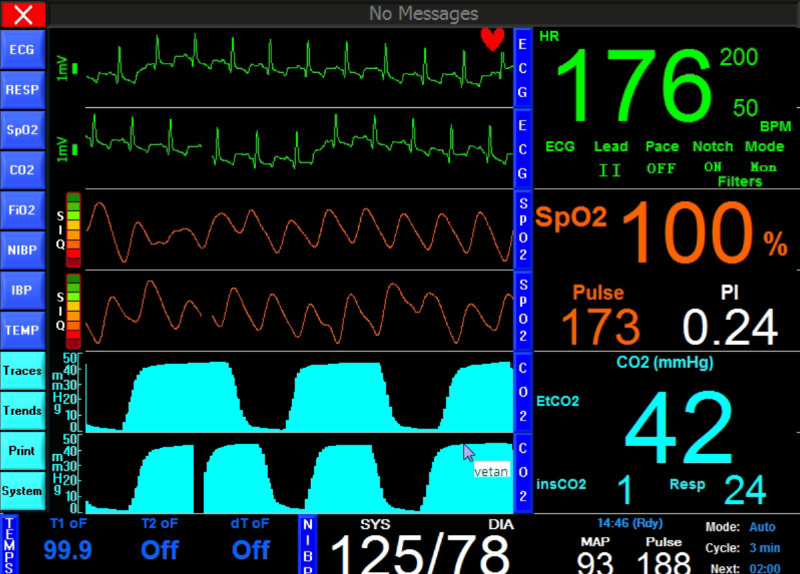
Anesthesiologist Services Available:
ANESTHESIOLOGIST CONSULT
During an anesthesia consult for your pet, Dr. Kennedy conducts a comprehensive review of their medical history, physical exam results, and diagnostic test findings to create a personalized anesthesia protocol. He rounds with the team at Animal Dental Care and Oral Surgery to communicate a safe anesthetic plan.
CONTINIOUS LIVESTREAM MONITORING
For some patients, continuous livestream monitoring with an anesthesiologist is essential. Even when off-site, Dr. Kennedy can observe the patient monitor in real-time and closely monitor critical vital signs like blood pressure, EKG, ventilation, respiratory rate, oxygenation, and temperature. Based on this information, he provides ongoing patient management recommendations to the attending RVT anesthetist as needed, ensuring your pet’s safety and comfort before, during and after their procedure.
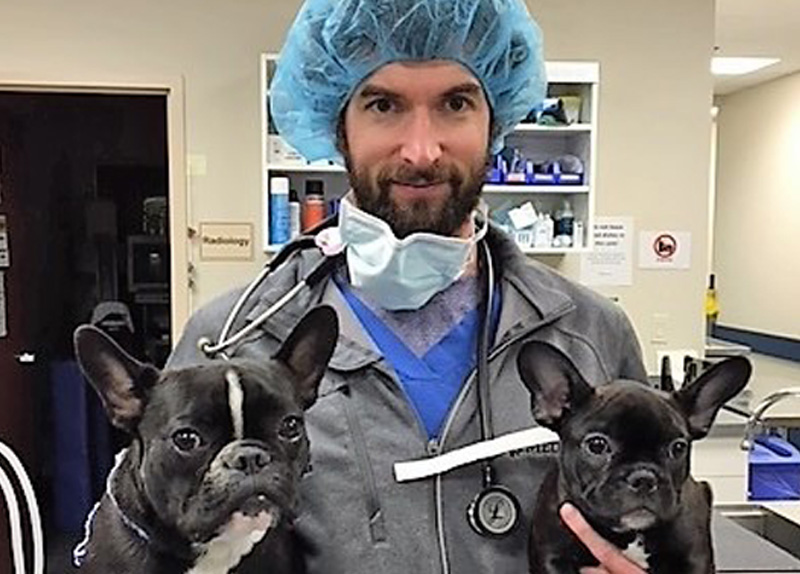
What conditions would benefit the most from anesthesiologist involvement?
- Heart disease
- Kidney disease
- Liver disease
- Diabetes
- Cushing’s disease
- Addison’s disease
- History of narrowing or collapsing trachea
- History of laryngeal paralysis
- Brachycephalic airways (Bulldogs, Pugs, Boston Terriers, etc.)
- Extensive oral disease requiring an invasive and/or lengthy procedure
- Any history of complications under anesthesia
